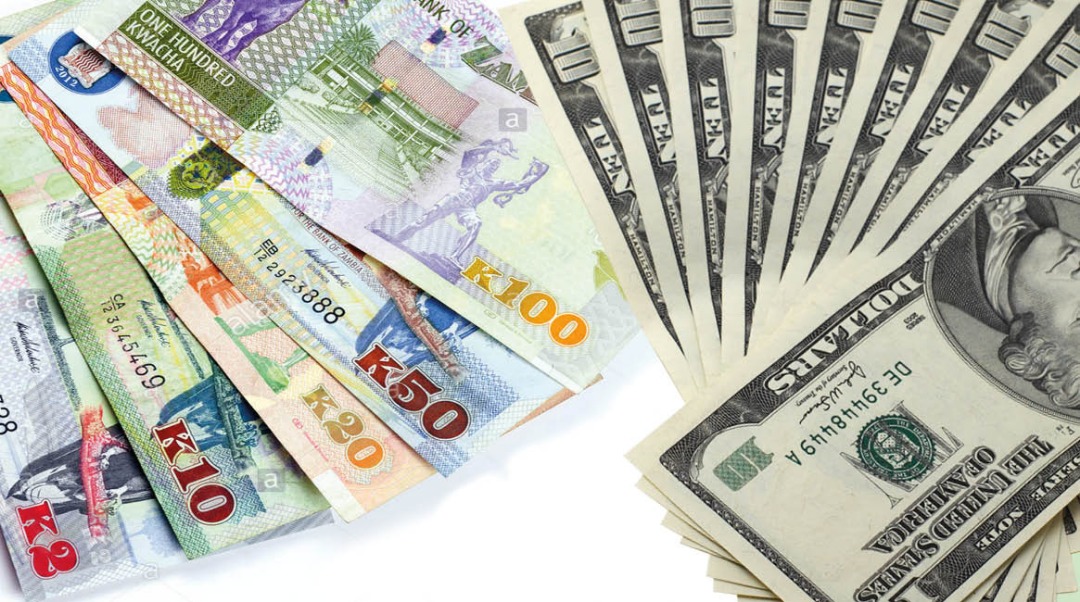- The appreciation of the Kwacha is not backed by an increase in production or forex earnings.
- What ensures a stronger currency or stability is when an economy is able to produce, export and earn forex.
- Production in key sectors such as mining and agriclulture has declined owing to the drought and this will call for more imports.
An Economist says the Kwacha may not sustain its current strength due to the continued high demand for US dollars on the interbank market against limited supply.
Speaking in an interview with Money FM News, Emmanuel Zulu noted that the Kwacha can only stabilize if the economy is able to produce, export and earn foreign exhange (forex) but production in key sectors such as mining and agriclulture has declined owing to the drought and this will call for more imports.
Mr. Zulu observed that the recent appreciation of the Kwacha was triggered by injection of about US$500 million into the economy by International Monetary Fund (IMF), and improvement of credit ratings by Fitch Ratings in view of the progress that has been made on debt restructuring.
“What ensures a stronger currency or stability is when an economy is able to produce, export and earn forex, but what we are seeing is that production in key sectors such as mining has dwindled”
“There hasn’t been improvement in the first quarter according to Zambia Statistics Agency (ZamStats) report, we are seeing growth dropping from 8 percent in quarter 4 of 2023 to slightly above 2 percent in quarter one of this year,” Mr. Zulu noted.
He said this entails that the appreciation of the Kwacha is not backed by an increase in production or forex earnings as it has mostly been because of the inflows of the credit that the country is getting from the IMF.
Mr. Zulu further said the appreciation of the Kwacha may therefore not last longer because only the Monetary mechanisms have been responsive to its depreciation and inflation, while the fiscal mechanisms have not been very effective to support the Monetary Policy.
“The demand for imports is high and the current scenario where we haven’t produced much in terms of food, will entail that the appetite for imports will continue to be high and that will put pressure on the Kwacha.”
“We expect that the Kwacha may not sustain its current strength amidst the challenges that the country is facing. We may need to import more electricity and that calls for more resources and at the moment, investors could be discouraged because of the prevailing environment where we have insufficient power available to power industries,” he added.
The US Dollar is currently buying at Twenty Three Kwacha Eighty Nine Ngwee and selling at Twenty Four Kwacha Thirty Six Ngwee.





